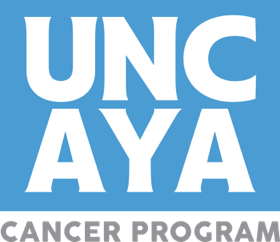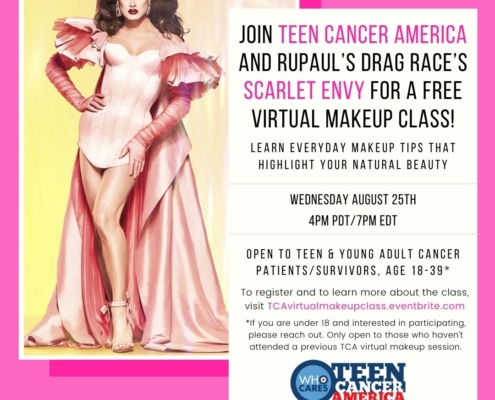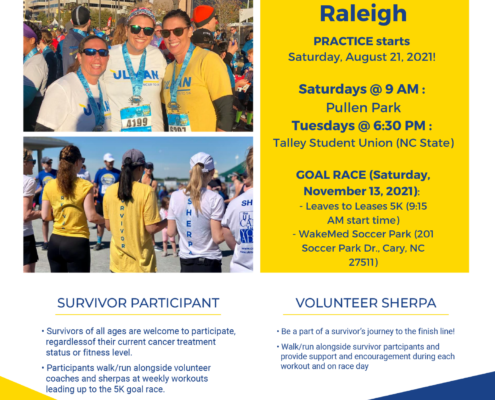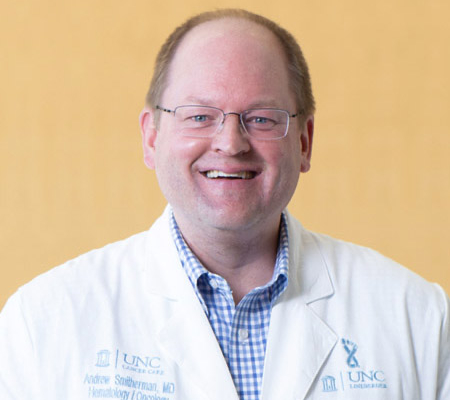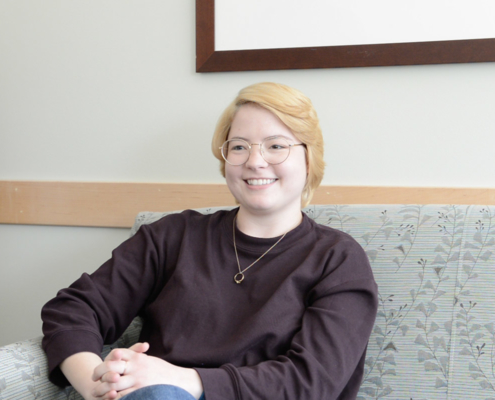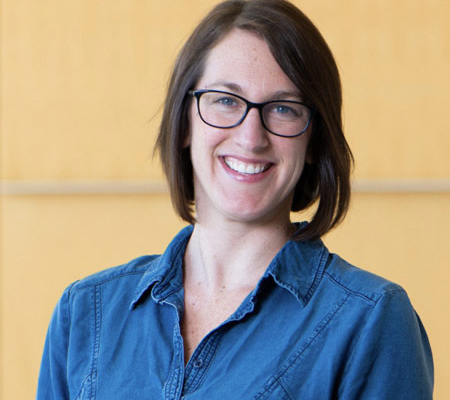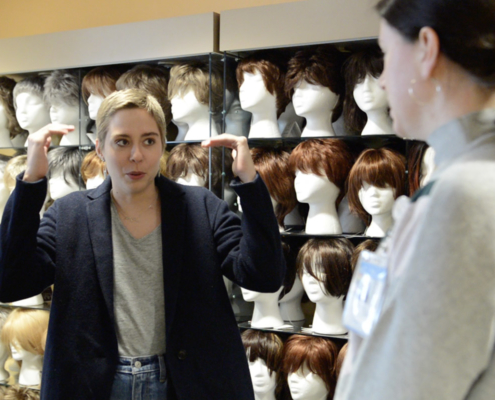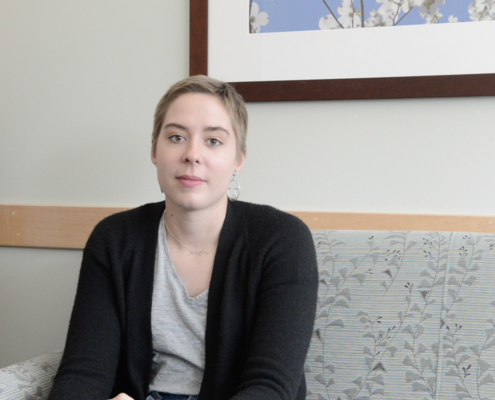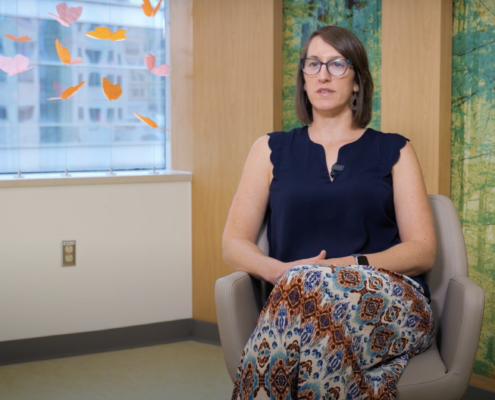 https://uncaya.org/wp-content/uploads/2024/01/uncaya-laurenvideo.png
1872
3282
splinter
https://www.uncaya.org/wp-content/uploads/2020/01/logo-main-retina.png
splinter2024-01-25 21:53:212024-01-25 21:59:49New Program Video
https://uncaya.org/wp-content/uploads/2024/01/uncaya-laurenvideo.png
1872
3282
splinter
https://www.uncaya.org/wp-content/uploads/2020/01/logo-main-retina.png
splinter2024-01-25 21:53:212024-01-25 21:59:49New Program VideoI’m a Patient
No matter what you’ve got going on in life, we know that cancer was never part of the plan.
We’re here to help you adjust and keep living your life in a way that’s authentically you.
Our goal is to learn what’s important to you and help keep those things front and center, while working with your medical team to identify the best cancer treatment available.
Ask Us About:
Mental Health
Cancer can cause a lot of stress, and for many people, it’s not the only challenge they’re facing in life. We provide one-on-one counseling and are happy to meet you in your inpatient room, at your clinic appointment, or in your infusion chair. We can also connect you to mental health care providers in your community or to other UNC providers – such as psychiatrists, counselors or psychologists in our Comprehensive Cancer Support Program
Fertility Preservation
Cancer and cancer treatment can impact your ability to have children. It’s important to talk with your cancer care team about the impact your treatment or cancer may have on your fertility. We have options to help your preserve your fertility. Our fertility preservation coordinator, Jordan Hunt, is available to work with you and your team to help guide you through this process. Learn more at: https://uncfertility.com/treatment-options/fertility-preservation/
Financial Navigation
We know that cancer treatment financially strains patients and their families. If you’re struggling financially with hospital bills, affording your medications, utilities, or other necessities, we can help. We will connect you to UNC’s social workers, financial navigators, and patient assistance coordinators. Get started at https://unclineberger.org/finances
Sexual Health
Sexual health is an important, though sometimes overlooked, part of your overall well-being. We’re here to answer questions about how cancer and treatment impact your sexual health and can connect you to resources related to family planning or changes in sexual functioning. It’s important to talk with your oncologist about sexual health and treatment.
Clinical Trials
Clinical trials are important because they help us find new and better treatments for cancer patients and offer access to cutting-edge therapies. We make as many trials as possible available for AYA patients and work with your team to help you take advantage of these opportunities. Find out more about what trials are available at UNC.
Finding the Best Home for Your Medical Care
Sometimes the most effective treatment for an AYA cancer comes from pediatrics and other times it comes from adult oncology. Using the latest data, we partner with your providers to help determine where the best place is for you to receive your treatment.
Palliative Care
Palliative Care for the AYA patient involves providing relief of symptoms and stress associated with cancer and cancer treatments and optimizing quality of life and the ability to make every day the best it can be. Ideally it begins close to the time of diagnosis and can be provided regardless of cancer stage or prognosis. There is often collaboration among various types of clinicians to best address all aspects of a young person’s care needs not only physical but psychological, social, and spiritual. Palliative care extends beyond the individual to the entire family and/or support system while allowing each patient the autonomy to decide on the extent of support received.
Parenting
Parents with cancer face unique challenges when it comes to promoting the coping and well-being of their children now and in the future. The Parenting with Cancer Clinic is for every patient at UNC who is being treated for cancer and has children 17 years of age or younger. Broadly, the aim of this clinic is to offer support and guidance as you navigate your families through a really challenging time.
New Parenting With Cancer Clinic – UNC Lineberger Cancer Network
Connecting with Other AYAs
Having cancer or being a cancer survivor as a teen or young adult can feel really isolating. We want you to know that you’re not alone. We can connect you to other AYA patients and survivors. These connections can be one-on-one, through in-person or remote AYA meet-ups, or through programs in other organizations.
- Connect to Facebook groups and find tons of resources: https://stupidcancer.org/
- Get one-on-one support from a cancer patient or survivor who has a similar experience to you: https://imermanangels.org/
- Learn about First Descents, an organization that runs free outdoor trips for young adult cancer patients and survivors: https://firstdescents.org/
- Check out the GRYT Cancer Connection App: https://grythealth.com/the-app
AYA Spaces at the Hospital
The Teen Lounge on the 7th floor of the Children’s Hospital is a space just for teen patients and their friends and families. You can learn more about it here: https://www.uncchildrens.org/uncmc/unc-childrens/patients-family/amenities/jason-clark-teen-lounge-and-game-room/
School and Work
Cancer treatment can pose a lot of challenges to participating in work or school. We can help you navigate accessibility services and connect you to hospital staff that can help with changes in employer-provided insurance. If you have student loans, you may be able to defer payments while in treatment. Learn more here and contact your loan servicer (FedLoan Servicer, Great Lakes, Nelnet, Navient, etc.): https://studentaid.ed.gov/sa/repay-loans/deferment-forbearance
If you’re struggling with issues around work, find resources and tips at https://www.cancerandcareers.
Connecting to Other UNC Support Services
UNC has a range of other support services and programs. We can connect you to support that’s the right fit for you, such as spiritual care, integrative medicine, palliative care, nutritional and exercise experts, and more. Learn more here: https://unclineberger.org/ccsp/
Legal Issues
Cancer can bring up complicated questions about healthcare decision making, guardianship of children, and more. We’re here to support you as you tackle these questions, and connect you to people who can help with health-related legal documents.
Your Symptoms
Cancer treatment can have a variety of side effects, and our goal is to make them as manageable as possible. We can suggest creative solutions to combat everything from nausea to pain to annoying taste changes that happen with certain chemo regimens.
Transition and Survivorship
Cancer treatment is hard and the transition to survivorship can be challenging in different ways. We can help make this transition easier and can provide resources to help you live your life after treatment ends. In the UNC AYA Survivorship Clinic, we offer survivorship-focused medical care, a summary of your treatment and recommended follow up (called a Survivorship Care Plan), education about healthy lifestyle choices, and psychosocial support that complements the ongoing care you receive from your primary oncologist and other medical providers.
Email us to learn more at [email protected]
